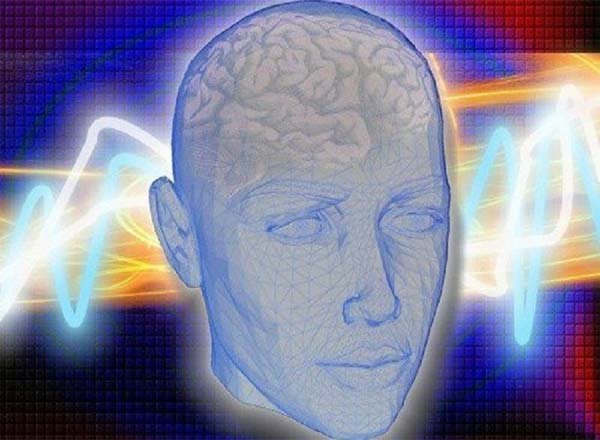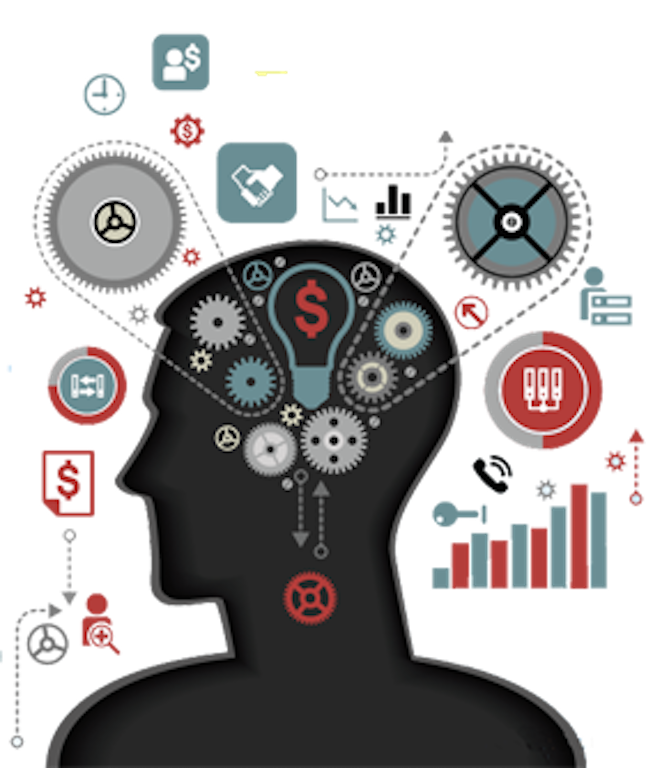Researchers have long known that emotional disorders have a lot in common. Many often occur together, like depression and social anxiety disorder. Treatments also tend to work across multiple disorders, suggesting shared underlying elements. But perhaps the most common shared characteristic is that
almost all emotional disorders involve persistent negative thinking.In an analysis of existing studies that used MRI images to study the brain's white matter, researchers from the University of Illinois at Chicago describe common brain abnormalities found in multiple emotional disorders. Their findings are published in the journal NeuroImage: Clinical.
"This study provides important insights into mechanisms shared across multiple emotional disorders, and could provide us with biomarkers that can be used to more rapidly diagnose these disorders," says Dr. Scott Langenecker, associate professor of psychiatry and psychology in the UIC College of Medicine and senior author of the paper. Those disorders, he said, can sometimes take many years to be diagnosed accurately.
The most common difference in white matter structure that Langenecker's group found —
present in every emotional disorder they looked at — was disruption in a region of the brain that
connects different parts of the "default-mode network," which is responsible for passive thoughts not focused on a particular task. That area is the left superior longitudinal fasciculus. The superior longitudinal fasciculus, or SLF, also connects the default-mode network and the cognitive control network, which is important in task-based thinking and planning and tends to work in alternation with the default-mode network.













Comment: Related articles: